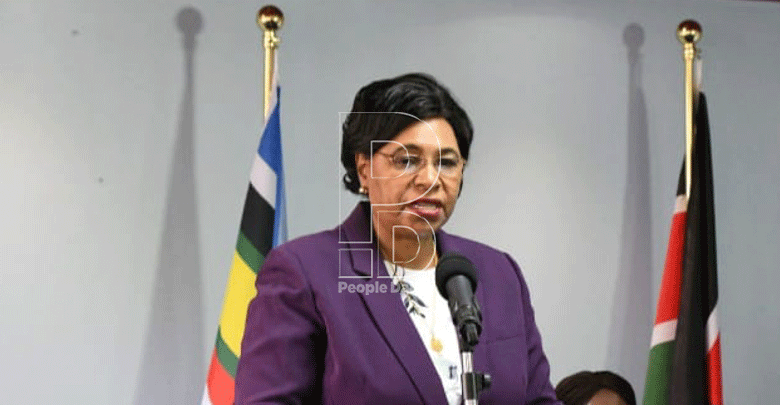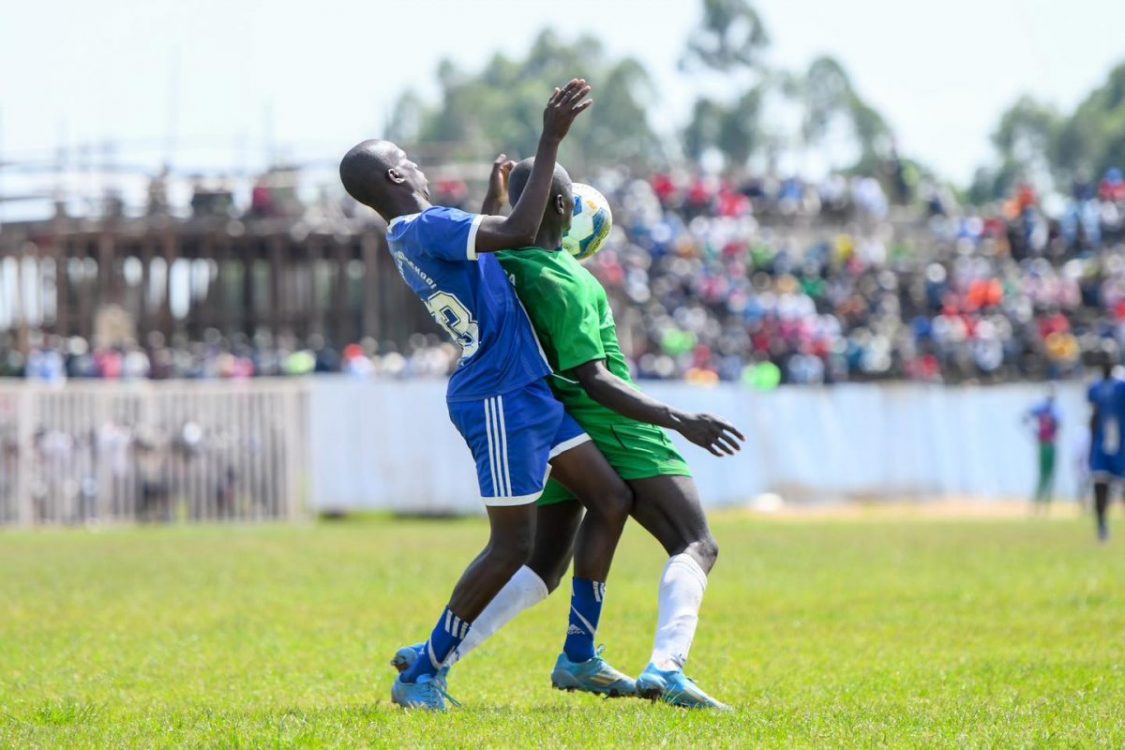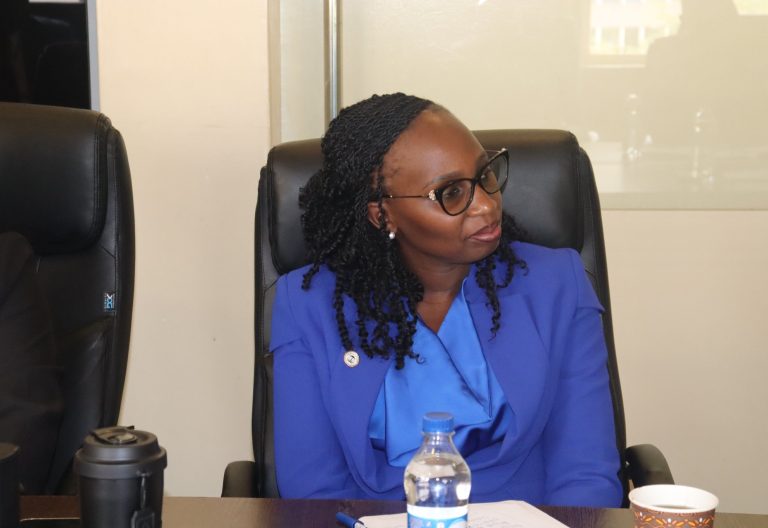Gender based violence – break the silence!

Irene Githinji @gitshee
“The kind of violation I met for the better part of last year is the worst I have ever witnessed in my six years of marriage and almost gave up on marriage,” says Joyce* with tears clouding her eyes.
Joyce (not her real name and speaks on condition of anonymity) has never felt so violated and narrating her account opened fresh wounds and would never wish anyone such an experience.
The struggles she went through reminds her of rejection she felt during her encounter and her only desire is to never experience such a situation ever again.
“My husband lost his job and that was the beginning of our problems. I felt like he was taking out his frustrations on me and it was not fair at all,” says Joyce, who owns a shop in a small village known as Gathanga, Kiambu.
She says her husband worked in a hotel in Nairobi’s capital and when mitigation measures were imposed, the hospitality industry was worst hit.
So many people were laid off since hotels were not allowed to operate and in instances where they did, it was on take away basis so not many staff were required.
Hospitality industry was one of the areas that was worst hit by the Covid-19 pandemic and is still on recovery path.
Joyce recounts that she could not go to her parent’s place because there was cessation of movement on some counties and she got miserable.
“I live and work in Kiambu County but my parents are in Nyeri county. To get to Nyeri, I have to use public service vehicle while via Nairobi yet the Government had directed that no one was allowed to leave Nairobi. I was grounded and in pain,” she says.
According to Joyce, she would receive blows and kicks even when she had done nothing wrong.
The worst part was when her husband descended on her in front of their two children, aged 5 and 3 and all they did was helplessly cry with her.
Fleeing to safety
At some point, she decided that enough is enough and fled to one of her friend’s house. She was afraid that her ever-intoxicated husband would harm her and the children.
“I had to seek help because I was afraid. I had heard so many cases of love gone sour and the end result was death. I was not ready to die in this manner, I had to do something,” she says.
One day when the husband left to his usual drinking den, she packed some of her children’s clothes and left.
“I was dejected, afraid and lost but I had to save my soul. I knew that this was the only way that I could escape his punches,” she says.
Upon returning home, Joyce was nowhere to be seen. What followed were frantic calls from her husband asking her whereabouts but at some point she switched off her phone.
“He knew my closest friend and he came to look for us. With tears rolling down his cheeks and down on his knees, he begged for mercy.
I wanted so much to forgive him but the blows and kicks he served me for about three months made me hold back,” she says.
After weeks of begging, she decided to go back to her home and for sure he has never lifted a finger on her.
“I’m grateful he kept his word, he stopped beating me and could apologize on several occasions over his acts.
Then lady luck came calling and he was called back to his work place and to date we are living peacefully,” she says.
Joyce is an example of how bad the cases of gender violence were in the Covid-19 period.
High number of GBV cases
Kenya’s Public Service Cabinet Secretary, Prof Margaret Kobia decried the significant rise in cases of Gender Based Violence (GBV), saying that 5,009 recorded cases were recorded last year alone.
The cases recorded through the Kenya’s National GBV toll-free helpline 1195, showed an increase of 1,411 – (36 per cent) – reported from the previous year.
Data indicates that the counties of Nairobi, Kakamega, Kisumu, Nakuru and Kiambu counties reported the highest cases of GBV.
“Due to increased cases of GBV during the Covid-19 pandemic, President Uhuru Kenyatta directed the National Crime Research Centre to carry out a study to establish the causes of the increased cases of GBV,” said the CS when she released the findings in Nairobi in April.
The findings of the study established that the number of GBV cases recorded between January and June last year increased by 92 per cent compared to the same period in 2019.
Factors contributing to GBV were alcohol, drug and substance abuse, poverty; family or domestic disputes, retrogressive cultural beliefs and practices.
Other factors attributed to rising GBV included poor parenting or upbringing and moral decadence, identity crisis among the youthful population and inadequate support system.
The most common forms of GBV identified were, physical assault, rape or attempted rape, murder, sexual offences, defilement, grievous harm, physical abuse, child marriages, psychological torture and child neglect.
“I wish to appeal to all members of the public to join hands to end this vice before it becomes a normal in violating human rights.
Stand against GBV by among other things: reporting incidences, supporting victims, speaking out against harmful and retrogressive cultural beliefs and practices,” Kobia urged.
In response to these cases, Kobia said the Government moved with resolve to mitigate and de-escalate the vice by deploying a multi-pronged approach.
In September 2020, for instance, the Cabinet approved an inter-agency strategy to deal with the matter, which included stakeholders from Public service and Gender, Interior, Education, ICT, Health and Labour Ministries, counties, development partners and other non-state actors.
She said the Government, in recognition of the contribution of Covid-19 pandemic to GBV crisis, made investment through social safety nets cash transfers.
Other interventions were through affirmative funds to provide support self-help groups and as a result, loans of about Sh300 to Women Enterprise Fund (WEF), Sh60 million to Uwezo and Sh80 million to Youth Fund are disbursed every month.
Some of the measures available to the public for use, said Kobia include toll-free hotlines which include the National GBV Helpline 1195, National Police Helpline – 0800730999 under Police care, and Child Helpline-116 to provide services such as anonymous reporting, assistance to survivors, telecounselling and referrals for medical and legal services.
There also exists prevention and response structures through County GBV Working Groups established by National and County Governments which consists of law enforcement agents, social workers, medical personnel and non-state actors to facilitate the prevention and response to GBV.
She also said that with support from the National Government Affirmative Action Fund the Rescue Centers for GBV were established to support survivors in West Pokot, Bungoma, Vihiga, Meru and Migori counties.
Similarly, there are 36 shelters operated by Civil Society Organizations in 13 Counties of Nairobi, Kisumu, Mombasa, Kwale, Samburu, Kajiado, Murang’a, Laikipia, Kiambu, Nyeri, Meru, Machakos, and Makueni.
Kobia also said the Government has prioritized programs targeting men and boys as allies, advocates, role models and change agents, championing advocacy efforts against all forms of GBV to mobilize collective action in the communities.
“Despite the interventions, we still have a long way to go and we recognize the issue of GBV is complex, affects families and Government cannot win the fight single handedly.
All sections of our society have an important role to play whether big or small in preventing GBV and save the society.
No one is safe till we are all safe. Let us make it our responsibility to voice up GBV in the community,” she urged.
She called upon Kenyans to ‘break the silence’ during times of crisis, negative coping mechanisms as a result of GBV or if anyone of going through domestic violence and needs help.












